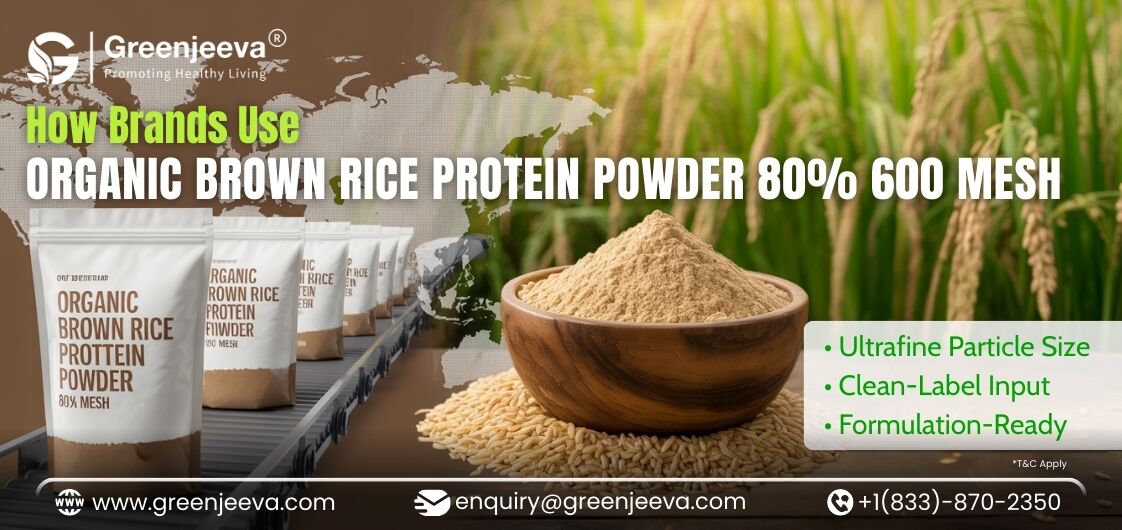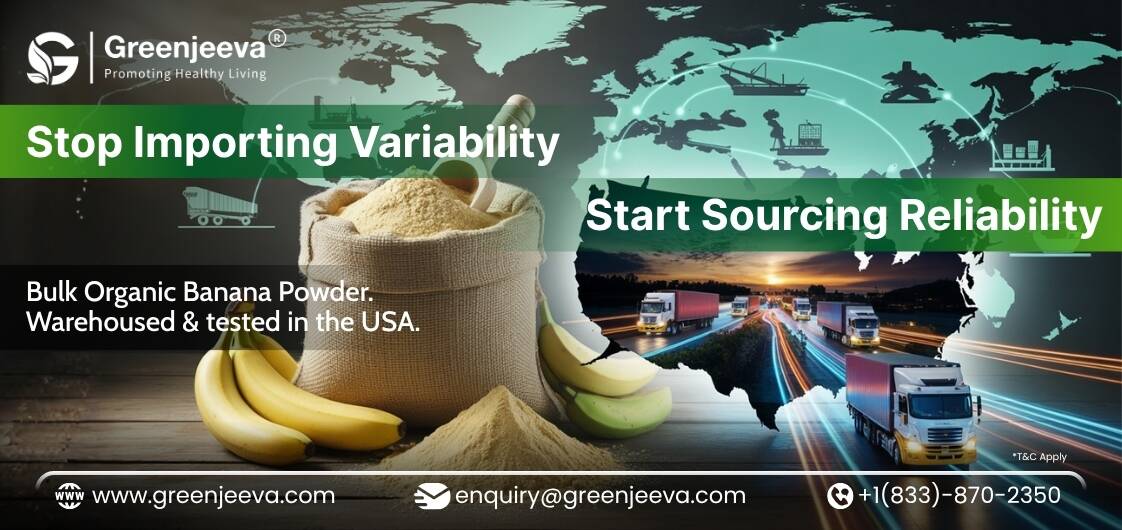How Anhydrous Dicalcium Phosphate Powers Sustainable Fertilizer Formulations and What U.S. Buyers Need to Know

Anhydrous Dicalcium Phosphate powder is gaining renewed interest among U.S.-based formulation scientists, sourcing teams, and procurement heads in the fertilizer sector. Known for its high phosphorus and calcium content, its role in next-generation sustainable phosphorus fertilizer formulations is becoming more central than ever.
In this article, we look at how this ingredient fits into the broader industrial shift toward phosphate-based fertilizers with low environmental runoff, and what decision-makers should consider while sourcing it in bulk across the United States.
What Is Anhydrous Dicalcium Phosphate Used for in Fertilizers?
Dicalcium Phosphate Anhydrous powder for fertilizers is primarily valued for its dual role:
- As a phosphorus source that supports long-term soil fertility
- As a calcium contributor that helps improve soil structure and pH balance
Unlike its dihydrate counterpart, the anhydrous form has a lower moisture profile, making it more stable and better suited for controlled-release formulations. This improves nutrient delivery precision and reduces phosphorus leaching into water systems.
It is often incorporated into Dicalcium Phosphate granules for agriculture, where its uniform particle size enhances blending compatibility with other agri-inputs like nitrogen and potassium sources.
How Does Dicalcium Phosphate Support Sustainable Soil Health?
The need for sustainable phosphorus fertilizer options is growing. Dicalcium Phosphate powder, Anhydrous, supports:
- Slow nutrient release that aligns with plant uptake patterns
- Minimal runoff, addressing phosphorus accumulation in waterways
- Stability in storage, lowering formulation spoilage risk
Its ability to release phosphorus in a gradual and predictable manner makes it ideal for reduced-frequency application models, which lowers labor and resource costs in commercial-scale operations.
What Are the Benefits of Using Dicalcium Phosphate in Controlled-Release Fertilizer?
Formulation specialists often select this compound for its compatibility with other key actives and binders. Its low hygroscopicity (low moisture absorption) improves shelf-life and maintains free-flowing properties, especially when used in bulk.
It blends well with:
- Bio-based coating agents
- Silicates and humic substances
- Urea-based carriers
In phosphate-based fertilizers, it acts as a stable matrix component that enhances the performance of micronutrient blends and biological additives.
What Are the Specifications for Fertilizer Grade Dicalcium Phosphate?
Fertilizer grade Dicalcium Phosphate typically meets the following parameters:
- Purity: >97%
- Moisture content: <0.5%
- Particle size: custom granules or fine powders depending on application
- Trace elements: Arsenic, lead, and fluorine levels within agricultural tolerance limits
Always request a Certificate of Analysis (CoA) and confirm the absence of any restricted contaminants, especially when planning for large-scale open-field applications.
Is Dicalcium Phosphate Compliant with U.S. Agricultural Regulations?
Yes. Most forms used in fertilizers comply with:
- USDA guidance on phosphorus limits
- EPA standards for heavy metal content in soil additives
- State-level fertilizer registration norms
For industrial Dicalcium Phosphate sourcing, documentation such as safety data sheets (SDS), product specs, and origin traceability are standard in audits and regulatory reviews.
What Should You Know Before Bulk Buying Dicalcium Phosphate Powder?
Sourcing Dicalcium Phosphate powder for soil nutrition involves balancing technical, logistical, and economic considerations. Bulk buyers should consider:
-MOQ and Packaging: Typically, available in 25–50 kg bags or bulk totes
- Lead Times: 2-4 weeks depending on supplier location and grade
- Storage Conditions: Cool, dry environment to prevent caking
Reliable bulk Dicalcium Phosphate anhydrous suppliers USA will often offer granule customization and compliance documents like CoA, SDS, and third-party verification.
How Do You Source Fertilizer-Grade Dicalcium Phosphate in Bulk?
Industrial Dicalcium Phosphate sourcing is influenced by factors like transportation costs, warehousing proximity, and consistency in supply.
Key sourcing tips:
- Evaluate supplier history and facility audits
- Confirm if the product is of U.S. origin or imported
- Verify third-party lab results and specifications
- Align sourcing with seasonal demand to avoid shortages
For U.S.-based sourcing teams, proximity to major ports or intermodal hubs may reduce cost per metric ton significantly.
Where Is Dicalcium Phosphate Used in U.S. Agriculture Today?
In the United States, Dicalcium Phosphate granules for agriculture are widely used in:
- Open-field crop fertilization
- Controlled-environment agriculture (CEA)
- Regenerative and organic farming models (non-synthetic grade only)
- Soil remediation projects in phosphorus-deficient regions
Its versatility makes it compatible with organic matter-based amendments and low-nitrogen strategies increasingly adopted by large-scale growers.
What Makes Anhydrous Dicalcium Phosphate Better for Fertilizer Formulations?
The anhydrous form has:
- Higher storage stability
- More predictable release kinetics
- Better compatibility with moisture-sensitive co-actives
It enables uniform distribution in blends and improves formulation handling, especially in regions with high humidity or seasonal storage challenges.
Final Thought
As the agriculture industry pushes for efficiency, compliance, and environmental responsibility, the role of ingredients like Anhydrous Dicalcium Phosphate becomes more strategic than ever. Understanding its functionality and sourcing dynamics helps decision-makers stay ahead in a market that demands both performance and sustainability.
Partner With Green Jeeva for Reliable Supply
At Green Jeeva, we supply high-quality Dicalcium Phosphate powder, Anhydrous tailored for industrial fertilizer applications. Our global sourcing network and strict documentation practices ensure batch-level traceability, consistency, and compliance with U.S. agricultural standards.
Whether you are a procurement lead, formulator, or production head—partnering with a trusted bulk supplier like Green Jeeva can help streamline your sourcing process while supporting formulation reliability.
Disclaimer
This article is for informational and sourcing purposes only. It does not offer medical or health guidance. Always consult formulation or compliance experts before using any ingredient in commercial products.



.jpg)


